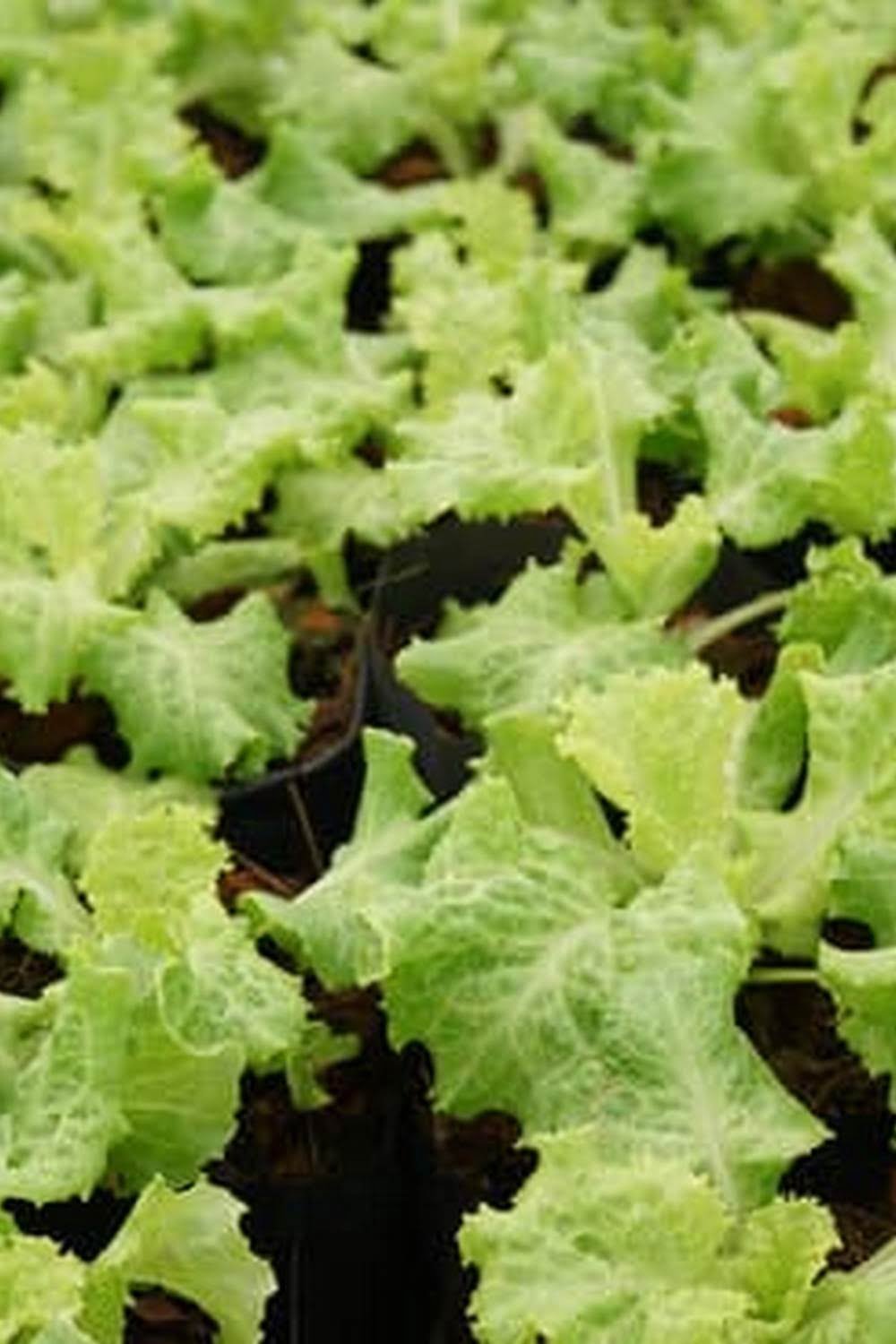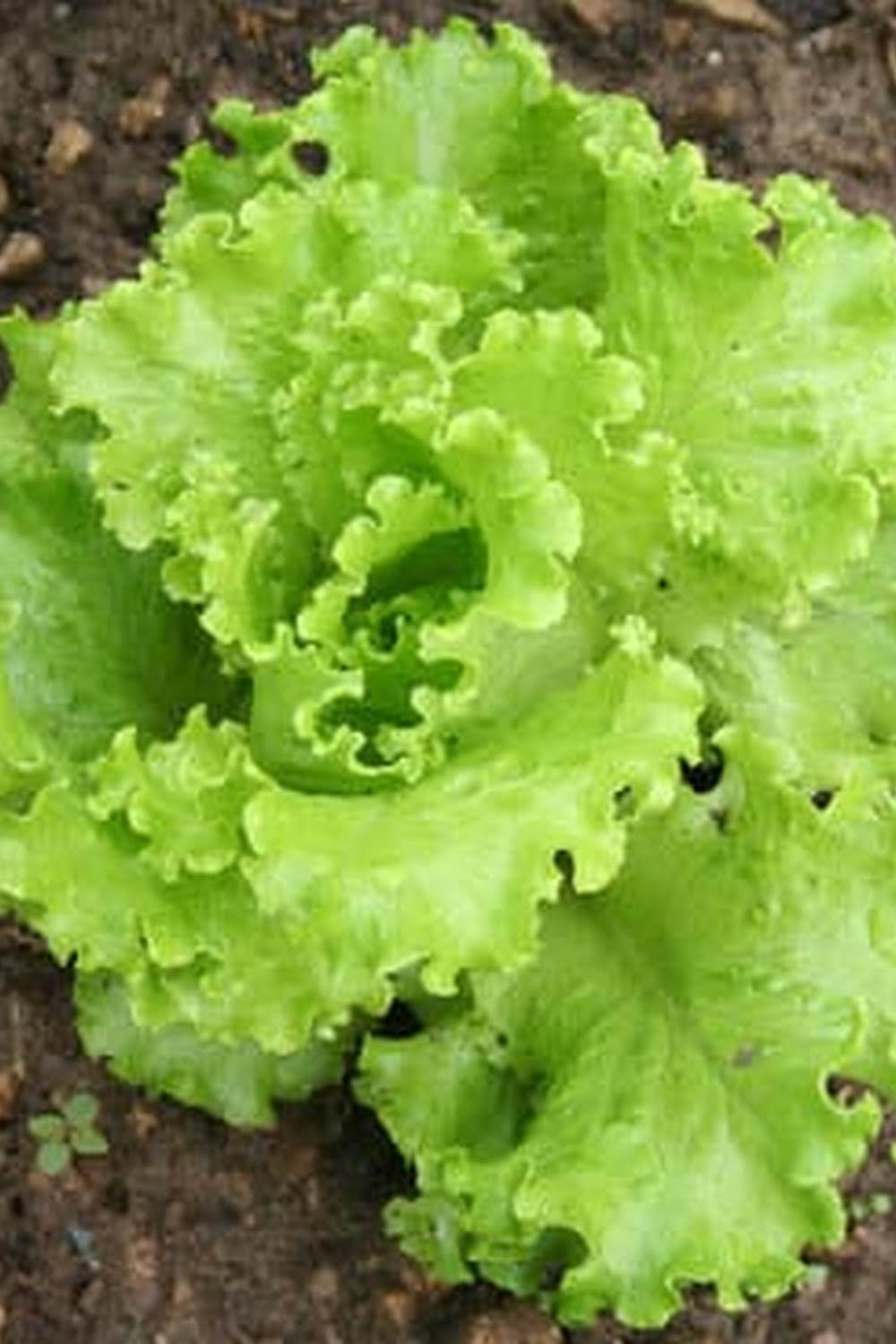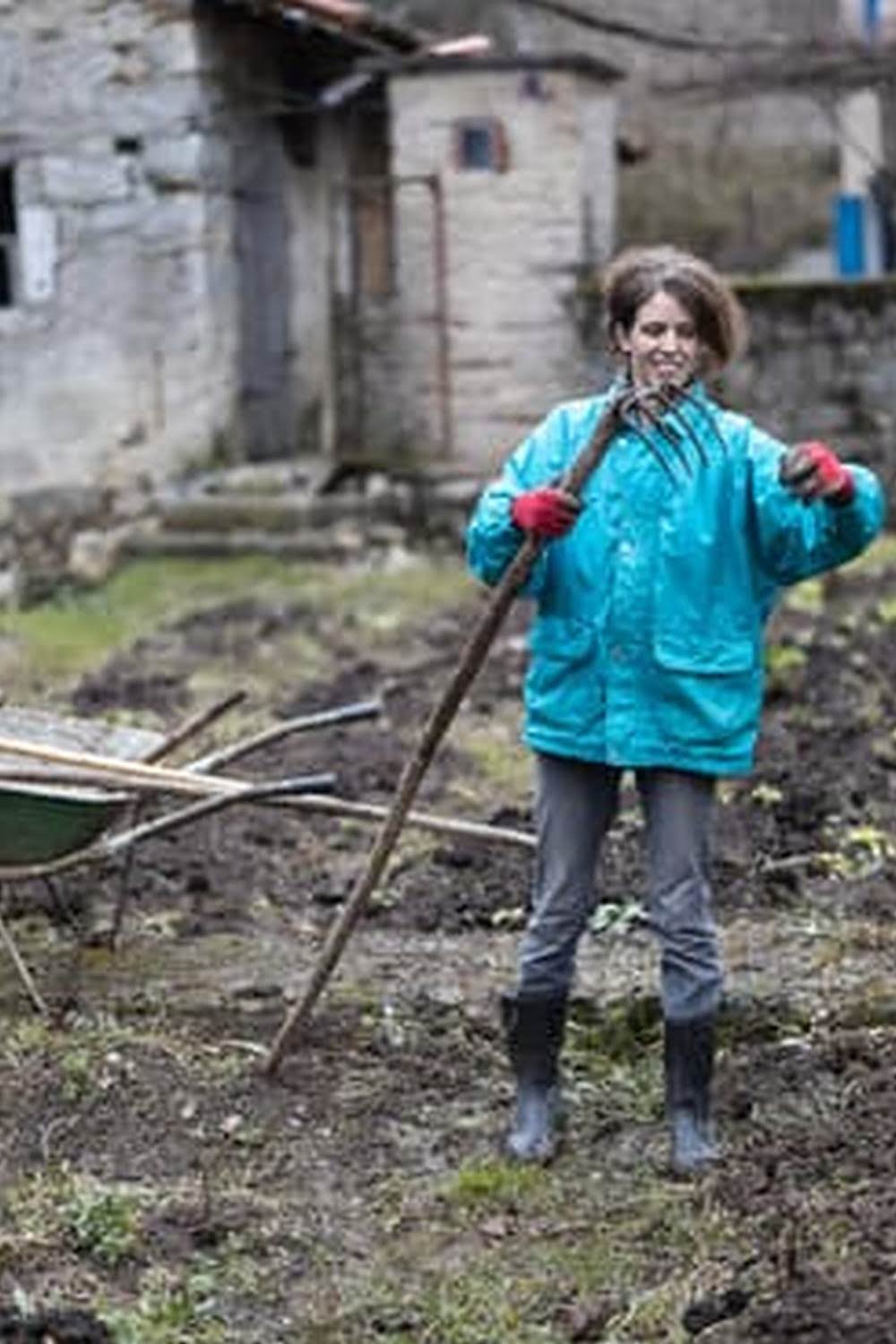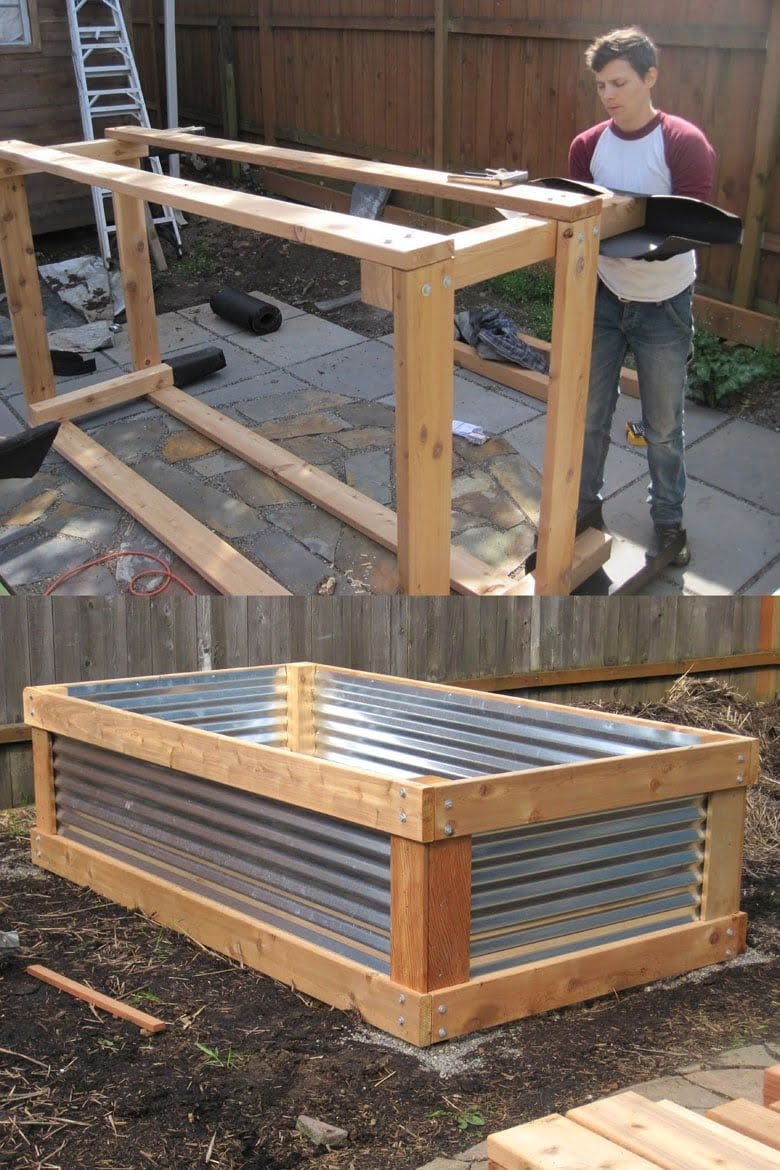Raised Vegetable Garden Soil Tips
Building a raised vegetable garden is a great way to improve your soil quality while growing healthy vegetables. By adding organic matter to your soil, such as compost or well-rotted manure, you will provide your plants with the nutrients they need to thrive.
Here are a few tips for creating healthy soil for your raised vegetable garden:
1. Add compost or manure to your soil before planting.
Compost and manure are great sources of organic matter, which will help to improve your soil quality. Add a layer of compost or manure to your soil before planting, and mix it in well.
2. Add compost or manure to your soil each year.
Adding compost or manure to your soil each year will help to keep your soil healthy and fertile. It is a good idea to add a layer of compost or manure to your soil before each planting season.
3. Use a soil test to determine your soil’s pH level.
The pH level of your soil can affect the growth of your plants. A soil test can help you determine your soil’s pH level, so that you can make appropriate adjustments.
4. Add lime or sulfur to your soil to adjust the pH level.
If your soil’s pH level is too acidic or too alkaline, you can add lime or sulfur to adjust it. Add the recommended amount of lime or sulfur to your soil, and mix it in well.
5. Add organic matter to your soil each year.
Adding organic matter to your soil each year will help to improve its quality. Compost and manure are great sources of organic matter, but you can also add other things, such as leaves, straw, or grass clippings.
Best Soil To Use For A Vegetable Garden
When it comes to gardening, there are a variety of things to consider, including the type of soil you will be using. Not all soils are created equally, and some are better for specific purposes than others. If you are looking to plant a vegetable garden, then you will want to use a soil that is best suited for growing vegetables.
When it comes to the best soil to use for a vegetable garden, you will want to use a soil that is light and fluffy, yet also rich in nutrients. A soil that is rich in nutrients is important, because vegetables need a lot of nutrients to grow and thrive. You can find a soil that is light and fluffy by mixing together some sand, peat moss, and compost. This type of soil is perfect for growing vegetables, because it is lightweight and easy to work with, yet it is also rich in nutrients.
If you are looking for an even easier option, you can purchase a soil mix that is specifically designed for growing vegetables. This type of soil mix is usually pre-mixed, so all you have to do is spread it out in your garden and plant your vegetables. It is important to choose a soil mix that is high in organic matter, because vegetables need organic matter to grow healthy and strong.
When it comes to choosing the best soil to use for a vegetable garden, it is important to find a soil that is light and fluffy, yet also rich in nutrients. You can find a soil like this by mixing together some sand, peat moss, and compost. Alternatively, you can purchase a soil mix that is specifically designed for growing vegetables. This type of soil mix is usually pre-mixed, so all you have to do is spread it out in your garden and plant your vegetables.
Soil Mixture For Raised Vegetable Garden
Soil mixture is key to a successful vegetable garden. The right soil mixture will provide the necessary nutrients to your plants and help them grow to be healthy and strong. There are many recipes for soil mixture, but the following recipe is one that has been proven to work well.
To make the soil mixture, you will need the following:
1 part top soil
1 part compost
1 part sand
1 part peat moss
Mix all of the ingredients together in a large container and stir until well combined. You may need to adjust the recipe depending on the type of soil that you have. If your soil is heavy and clay-like, you may need to add more sand to lighten it up. If your soil is too sandy, you may need to add more compost and peat moss to help it retain moisture.
Once you have the perfect soil mixture, it is time to start planting!
Getting Soil Ready For A Vegetable Garden
There is no getting around it, if you want a successful vegetable garden, you need good soil. Soil preparation is key to a bountiful harvest. The good news is that getting your soil ready for planting is not a difficult process.
There are a few things you need to take into account when preparing your soil. The first is the type of soil you have. Soil can be classified as clay, loam or sand. Each type of soil has different properties and will require different preparations.
Clay soils are dense and tend to be moisture-retentive. They also tend to be hard and difficult to work with. To prepare a clay soil for planting, you will need to add organic matter to it. This can be done by adding compost, manure or peat moss to the soil. You will also need to break up the clay particles by tilling or spading the soil.
Loam soils are the ideal type of soil for gardening. They are well-drained, and have a good balance of moisture and air. To prepare a loam soil for planting, you simply need to loosen the soil with a spade or tiller.
Sand soils are the least fertile type of soil and do not retain moisture well. To prepare a sand soil for planting, you will need to add organic matter and moisture-retaining materials, such as compost, peat moss or vermiculite.
The next thing you need to consider when preparing your soil is the pH level. The pH level is a measure of the acidity or alkalinity of the soil. Most vegetables prefer a soil pH of 6.5 to 7.0. If your soil is not within this range, you will need to add lime or sulfur to adjust the pH level.
The last thing you need to take into account when preparing your soil is the amount of nutrients it contains. A good soil should have a balanced level of nitrogen, phosphorus and potassium. If your soil is deficient in any of these nutrients, you will need to add fertilizers to it.
Once you have taken all of these factors into account, you can begin preparing your soil for planting. Loosen the soil with a spade or tiller, and add compost, manure or peat moss to improve the texture and fertility of the soil. If the pH level is not correct, add lime or sulfur to adjust it. If the soil is deficient in nutrients, add fertilizers to correct the imbalance.
By following these simple steps, you can create a fertile soil ready for planting your vegetable garden.
Best Soil For 32 Cubic Foot Raised Garden Vegetables
There’s no need to skimp on quality when it comes to the soil you put in your raised garden bed. The best soil for a 32 cubic foot raised garden is a well-draining mix that’s high in organic matter.
Good soil is essential for growing healthy vegetables. The right mix of nutrients, moisture, and air helps plants to thrive, and it also helps to protect them from pests and diseases.
When it comes to raised garden beds, the type of soil you use is especially important. Because the soil is elevated, it can become compacted and waterlogged more easily than regular soil. And since the plants are closer to the surface, they can be more affected by poor soil quality.
That’s why it’s important to use a good quality soil mix in your raised garden bed. A mix that’s high in organic matter will help to improve the drainage and aeration of the soil. It will also provide the plants with essential nutrients and help to keep them healthy.
If you’re building a raised garden bed, it’s a good idea to purchase a soil mix from a garden center or hardware store. You can also make your own mix by combining equal parts of compost, topsoil, and sand.
No matter what mix you choose, be sure to test it before you plant. Add some water and see how quickly it drains. If it takes a long time for the water to soak in, the soil is likely too heavy and won’t drain well.
The best soil for a 32 cubic foot raised garden is a well-draining mix that’s high in organic matter. By using a quality soil mix, you can help your plants to grow healthy and strong.

If you’re looking to get into vegetable gardening, or are just looking for some tips on how to make your current garden better, then you’ve come to the right place! My name is Ethel and I have been gardening for years. In this blog, I’m going to share with you some of my best tips on how to create a successful vegetable garden.





